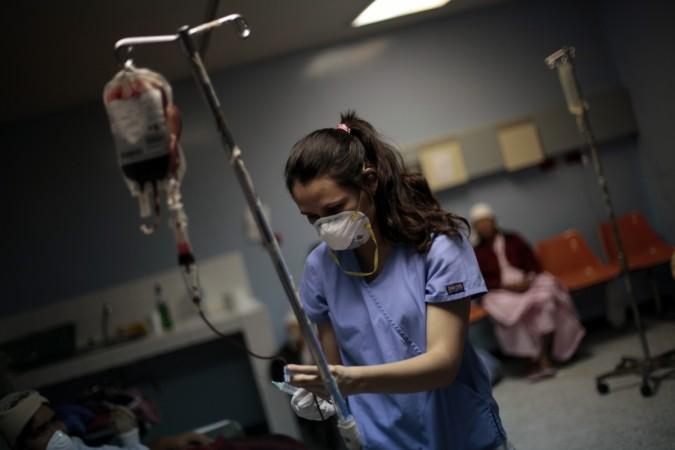
The gender of the doctor you are being treated by impacts your chances of survival, according to a study.
A study was conducted by an all-male research team which involved many old patients who were hospitalised for common ailments. The study, which raised a lot of questions and possibilities, was led by Dr Ashish Jha, an internist and Harvard Medical School professor.
Between January 2011 and December 2014, about 1.5 million hospitalisation cases for medicare patients were analysed by the researchers, who belonged to the age group of 65 or more. The ailments these patients suffered from included heart failure, pneumonia, urinary infections, lung disease and intestinal bleeding.
These patients were treated by the general internists of the hospital; comparisons of results were made among patients who got most or all caretaking by the women internists and those who received more care by the male internists.
It was found that those patients who received most of their care from women had more chances of leaving the hospital alive than those who were treated and taken care of by men.
A very minute difference was found in the statistics between the deceased patients who were looked after by men and women. It was found that over a span of 30 days, around 11 percent of patients treated by women died and 11.5 percent of patients died who were treated by men.
The research group guessed that if the male US physicians worked as efficiently as their female peers, the number of deaths would reduce by 32,000 annually.
"The study doesn't mean patients should avoid him and all other male physicians," stated Jha, as reported by the Chicago Tribune. "Male doctors could take a cue from women doctors' tendencies that might contribute to better care," he said further.
This study did not investigate the reasons which led to these differences. The research revealed that women doctors were found to follow the treatment guidelines, communicate with the patients and even provide preventive care more than the male doctors.
"It was important to better understand the reasons behind the differences, and to share that information with all physicians to improve care," Jha said. He did not speak about this study with his own patients. "As a male physician, I have a stake in this," he said.
This study was published in JAMA Internal Medicine on Monday.
A majority of the patients survived and were sent home after a month's treatment, but it was found that those patients treated by women doctors had better chances of survival and they showed lesser chances to be re-admitted to the hospital within the first month.
Though it was found that female doctors were in charge of a lesser number of patients and a few patients were not as sick as the patients of the male doctors, but a relation between the gender of the doctor and the survival of the patient was still found by the researchers.
Dr Lisa Schwartz of the Dartmouth Institute for Health Policy and Clinical Practice denied the conclusion of this study and said: "To make a stronger case, you'd need information on doctors' practices in the study," as reported by the Chicago Tribune.
Dr Schwartz also said that this study doesn't prove if the gender of the doctors was responsible for the results. "For example, did women doctors give patients with pneumonia antibiotics sooner — treatment that could potentially improve survival chances," she said.
These results were said to be "intriguing" but preliminary and "not something for patients to act on" by Dr H Gilbert Welch, a Dartmouth policy analyst.

















